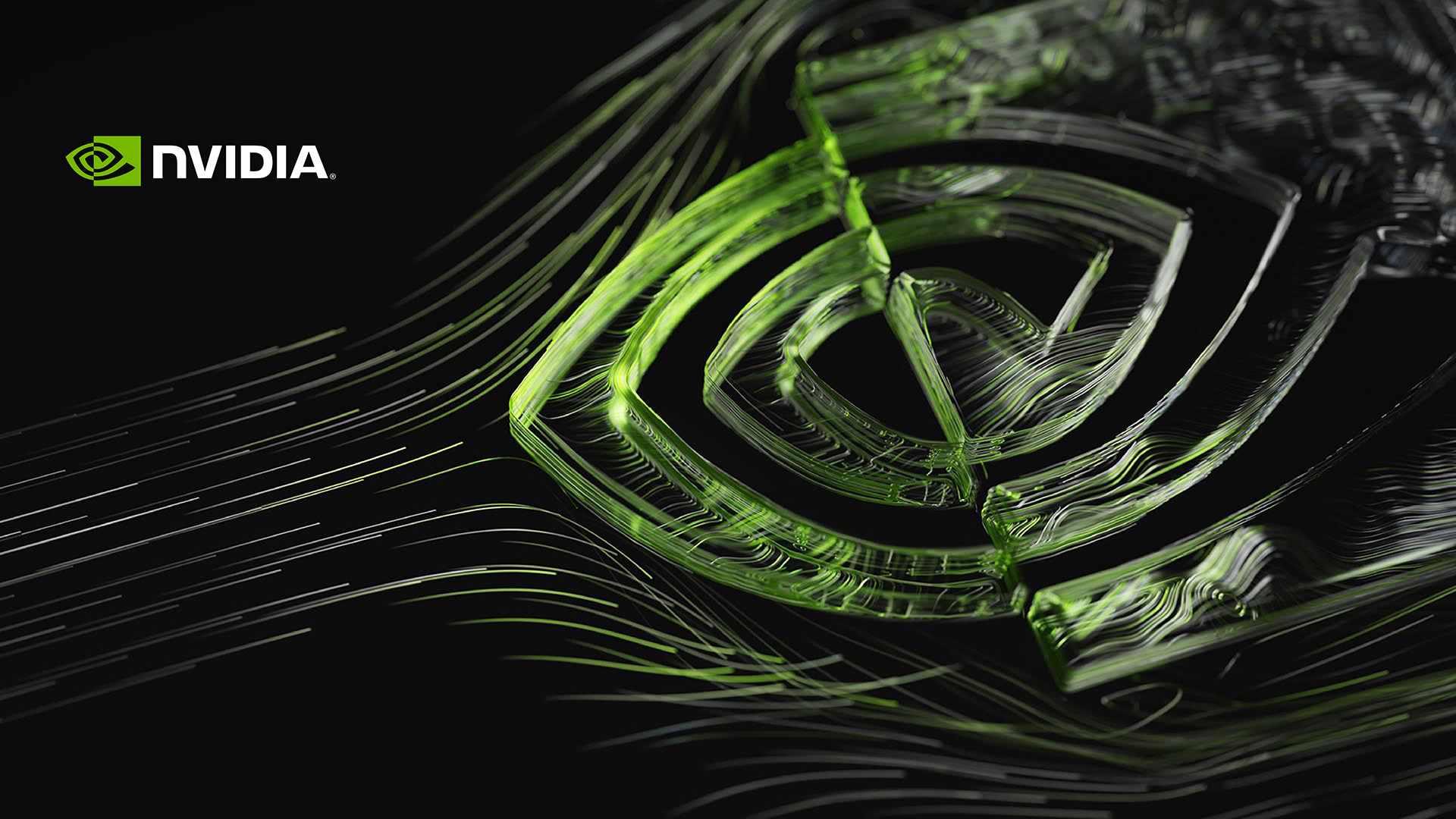Nvidia denies it got subpoena from the U.S. DOJ in AI antitrust investigation
Come and learn about civil investigative demands.

The U.S. Department of Justice has not sent Nvidia a formal subpoena as part of its AI antitrust probe, Nvidia said late on Wednesday according to Bloomberg. This means that the DOJ has not officially made any complaints against Nvidia, and the company is formally not under an investigation.
Earlier on Wednesday Bloomberg reported that the U.S. DOJ had issued legally binding subpoenas to Nvidia and third-party companies like AMD and Intel as part of its AI antitrust probe that is focused around Nvidia's dominance in the AI sector. While Nvidia confirmed communication with the DOJ, it clarified that it has not been issued a formal subpoena but has received a request for information, or a civil investigative demand (CID).
While subpoenas and CIDs are used by investigators, these are different types of tools. A subpoena is a formal legal document that orders an individual or entity to either provide documents, appear in court, or testify before a legal authority and are usually issued during an active legal case. Subpoenas require compliance under threat of legal penalty. A CID enables agencies like the DOJ to request answers to written questions, give oral testimony, or documents, but CIDs are used to gather information for evaluating whether to pursue legal action. Therefore, they do not indicate a formal legal case is underway.
Antitrust officials are probing whether Nvidia behaves anticompetitively on the AI market by pressuring buyers to use its AI processors exclusively, disadvantaging its competitors, restricting customer options, and making it harder to switch from its processors to competing platforms. Nvidia denies all allegations.
Officials are examining accusations that Nvidia delays orders for customers who do not solely use its AI GPUs, effectively making it harder for them to switch to rival processors like those from AMD and Intel. Additionally, Nvidia is accused of forcing cloud providers to purchase its GPUs bundled with its own networking equipment, reducing their purchasing flexibility. Another concern is whether Nvidia charges higher prices for networking products to customers who opt for competing AI chips.
The investigation also looks at Nvidia’s acquisition of RunAI, a company specializing in AI workload management software, with regulators worried that this deal could further cement Nvidia's market dominance and limit customers' ability to choose alternative solutions as once Nvidia's RunAI software is deployed, a datacenter cannot really use non-Nvidia GPUs.
Get Tom's Hardware's best news and in-depth reviews, straight to your inbox.

Anton Shilov is a contributing writer at Tom’s Hardware. Over the past couple of decades, he has covered everything from CPUs and GPUs to supercomputers and from modern process technologies and latest fab tools to high-tech industry trends.